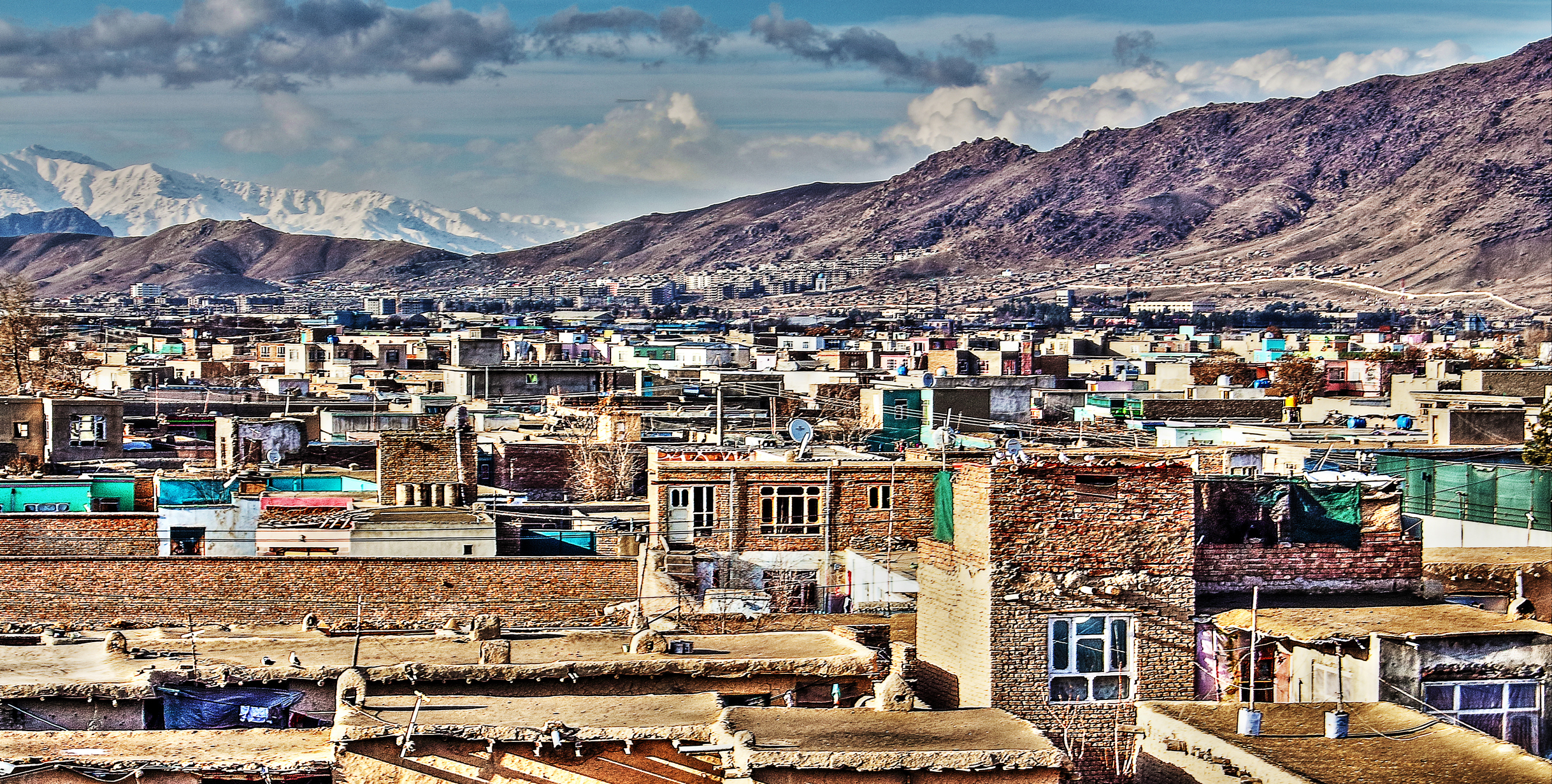By Laura McKillip Wood
 Emmy met her husband, Cole, when they both volunteered at a program for underprivileged junior high kids. When they married three years later, they attended a church that focused on sending out missionaries. Within a year, the opportunity arose for them to move to Afghanistan to work. As she puts it, “We sold our things and hopped on a plane to Kabul.” Emmy prayed that God would give her a huge love for Afghanistan and its people—that she would not just tolerate it for 18 months but that she would truly fall in love with that “wild and broken place.”
Emmy met her husband, Cole, when they both volunteered at a program for underprivileged junior high kids. When they married three years later, they attended a church that focused on sending out missionaries. Within a year, the opportunity arose for them to move to Afghanistan to work. As she puts it, “We sold our things and hopped on a plane to Kabul.” Emmy prayed that God would give her a huge love for Afghanistan and its people—that she would not just tolerate it for 18 months but that she would truly fall in love with that “wild and broken place.”
God definitely did answer that prayer. Emmy and Cole loved living in Kabul and only returned home a year and a half later for her to give birth to their first child, a daughter. About a year after their daughter was born, they moved back to Afghanistan. They have two children now, a daughter and a son, who have both spent most of their childhoods living cross-culturally.
The Pashtun People
During the six and a half years they lived in Afghanistan, they moved several times and learned two different languages. In 2014, the security situation in Kabul deteriorated. Several of their friends were murdered, and the school where they had planned to send their daughter closed. They realized their family needed a more stable place to grow roots and heal from the traumatic experiences. They decided to move to the Arab Gulf.
During their time in Afghanistan, Emmy and Cole had focused on a specific people group, the Pashtuns. They learned their language and culture and felt a connection to them. When they moved to the Arab Gulf, they found a large population of Pashtuns living there. The Muslim world tends to segregate men and women, so Emmy spends her time around Pashtun women. As she states, “I really love being around them, so befriending Pashtun women is rarely difficult.” Most Pashtun families are poor and some need help with the basic aspects of life in the gulf. Emmy and her teammates help with things like rides to doctor visits or translating documents.
She and the other women on the team often get opportunities to share their testimonies and have spiritual conversations. “Always we want to make sure that people see the love of Jesus in our words and actions. The goal is to get to a place of studying Scripture or learning more about it through stories. God’s Word is powerful, and hearing and studying these stories often transforms their view of God and their perception of how God views them.”
Emmy has found that women in the gulf are more open to talking about spiritual concepts than the women in Afghanistan but still sometimes hesitate to study the Word of God with her. Much of the team’s work involves prayer that God will work in people’s lives, drawing them to him more.
Heavy Cloak of Darkness
Emmy learned that many of her Pashtun friends have experienced domestic abuse at the hands of violent husbands and male relatives. Most have witnessed unthinkable acts of terror. They suffer from anxiety and depression as a result. Sometimes Emmy struggles with anger and bitterness toward Pashtun men after hearing their wives’ stories, but she knows that their brokenness and the injustices of the culture are a result of sin in a place that does not know Jesus. She knows that God sees the women’s pain, but “the constant deluge of hopeless stories can sometimes bring me to a place of questioning how in the world God will shatter this heavy cloak of darkness.” She holds onto the knowledge that he can push back the darkness and that he someday will transform the Pashtun culture.
Emmy and Cole have goals for the future of their work. “Ten years from now, I hope to be sitting in a room full of Pashtun Christian women and listening to them strategize on how to keep sharing the gospel with more women in remote areas of Afghanistan and Pakistan,” she says. She and Cole hope to return to Afghanistan someday to support the growing church there and to see Pashtun people unite with people of other ethnic groups. In addition, she has dreams that her children will continue to love Jesus and that in ten years she can see them “running hard after Jesus.”
If you are interested in learning more about Emmy and Cole’s work, you can contact them through Laura (lauramckillipwood@gmail.com).
Laura McKillip Wood formerly taught missionary children in Ukraine and now works as registrar of Nebraska Christian College. She and her husband, Andrew, have three children (lauramckillipwood.com).



Comments: no replies